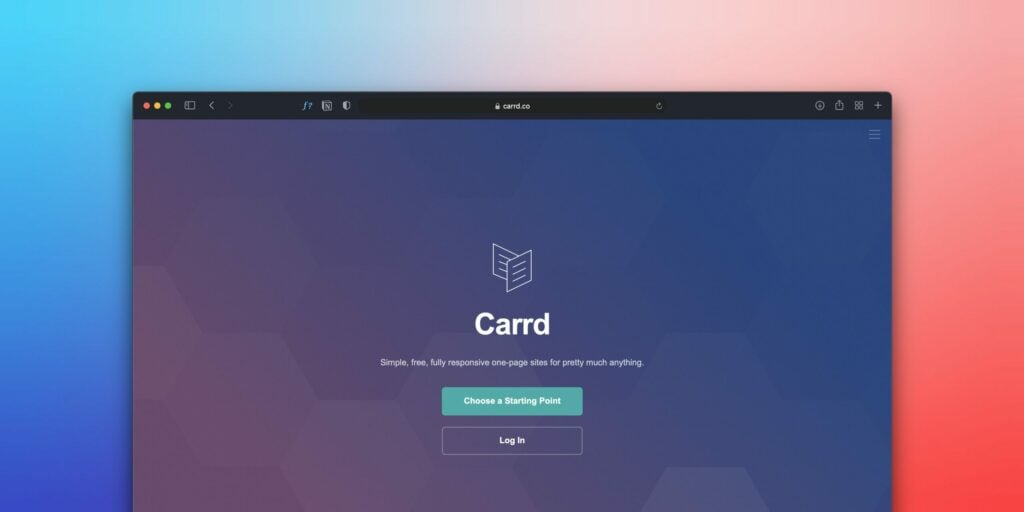

How Many Pages Does A Website Need?

As Seen On
As marketers and web designers, clients often ask how many pages their website should have. It’s a common question, but it’s not as simple as providing a one-size-fits-all answer.
I’ve always said. If you wanna rank for it, have a page for it. If you’re selling motorised skateboards but don’t have a page that talks about motorised skateboards… go create one right now!
Casey Jones – Head of Marketing @ CJ&CO
The number of pages a website needs ultimately depends on the goals and objectives of the website, as well as the target audience and content that will be included. A small business website may only need a handful of pages, while a large e-commerce site may require hundreds or even thousands of pages. We manage sites that have 10,000+ pages. And that’s not uncommon.
One factor to consider is the purpose of the website. Is it meant to provide information about the company and its services? Is it a platform for selling products or services? Is it a blog or a news site? Each of these types of websites will have different page requirements.
For example, a simple informational website for a small business may only need a few pages, such as a homepage, an about us page, a services page, and a contact page. This type of website doesn’t need a lot of pages to effectively convey the necessary information to potential customers.
On the other hand, an e-commerce website may need a much larger number of pages to showcase its products and services. An e-commerce site will generally have category pages, product pages, a shopping cart, and various other pages to facilitate purchasing. Not to mention filters, tags, and variations on pages. They can quickly blow out the number of ‘pages’ on a site.
Also, think about organisation. No one wants to read a one-page site with 30,000 words and 3000 topics on it. They’re going to bounce really quickly or be very confused. You’re also better off from an SEO point of view to put that content into individual pages that target a user’s query. Remember, be user-friendly – unless you want them to specifically scroll through all 3000 topics on one page.
In short, the number of pages a website needs can vary greatly depending on its purpose, target audience, and amount of content. It’s important to carefully consider these factors and plan out the pages of a website accordingly to effectively meet the goals and objectives of the website.
Casey Jones
Up until working with Casey, we had only had poor to mediocre experiences outsourcing work to agencies. Casey & the team at CJ&CO are the exception to the rule.
Communication was beyond great, his understanding of our vision was phenomenal, and instead of needing babysitting like the other agencies we worked with, he was not only completely dependable but also gave us sound suggestions on how to get better results, at the risk of us not needing him for the initial job we requested (absolute gem).
This has truly been the first time we worked with someone outside of our business that quickly grasped our vision, and that I could completely forget about and would still deliver above expectations.
I honestly can't wait to work in many more projects together!
Disclaimer
*The information this blog provides is for general informational purposes only and is not intended as financial or professional advice. The information may not reflect current developments and may be changed or updated without notice. Any opinions expressed on this blog are the author’s own and do not necessarily reflect the views of the author’s employer or any other organization. You should not act or rely on any information contained in this blog without first seeking the advice of a professional. No representation or warranty, express or implied, is made as to the accuracy or completeness of the information contained in this blog. The author and affiliated parties assume no liability for any errors or omissions.

